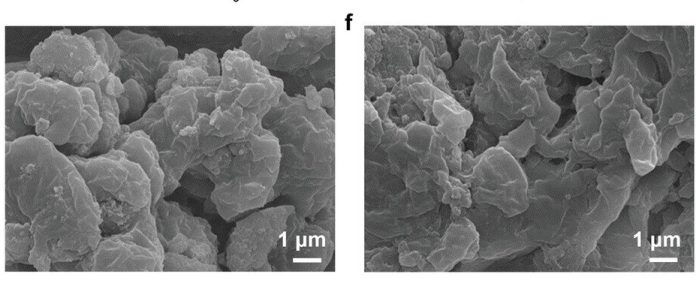
Researchers at the Hong Kong University of Science and Technology (HKUST) have developed a new generation of solid-state electrolytes (SSEs) for lithium-metal batteries (LMBs).
This breakthrough could significantly improve the safety and performance of batteries used in electric vehicles, portable electronics, and power grids.
Traditional lithium-metal batteries use liquid electrolytes, which can be flammable and pose safety risks. In contrast, all-solid-state lithium-metal batteries replace these liquid electrolytes with solid ones, enhancing safety and energy density.
They also prevent dendrite growth, a harmful phenomenon that can cause batteries to fail.
Despite these advantages, their wider use has been limited due to low ionic conductivity and poor lithium-ion transport at room temperature.
To overcome this challenge, a team led by Prof. Kim Yoonseob from HKUST’s Department of Chemical and Biological Engineering developed a novel strategy.
They combined porous materials called ionic covalent organic frameworks (iCOFs) with a type of polymer known as poly(ionic liquid) (PIL). This combination created a new kind of SSE that is both solvent- and plasticizer-free and offers high performance.
The iCOF/PIL composite SSE achieved remarkable ionic conductivity (up to 1.50 x 10−3 S cm−1) and excellent lithium-ion transport capability (> 0.80) at room temperature.
Through experimental and computational studies, the team found that the coordination mechanisms between the PIL, lithium bis(trifluoromethanesulfonyl)imide (LiTFSI), and iCOFs enable rapid lithium-ion transport while limiting the movement of TFSI− ions.
Using this advanced SSE, the researchers created a full lithium-metal battery cell with a composite SSE and a LiFePO4 composite cathode.
The battery showed an initial discharge capacity of 141.5 mAh g−1 at 1C and room temperature, maintaining 87% of its capacity over 800 cycles.
“This breakthrough demonstrates stable cell operation and high reversible capacity in all-solid-state LMBs for the first time,” said Prof. Kim.
“It shows the great potential of iCOFs for energy storage devices and opens up new possibilities for the wider use of all-solid-state LMBs in various applications, from electric vehicles to portable electronics and power grids.”
This research was a collaborative effort involving scientists from HKUST, Shanghai Jiao Tong University, Zhejiang University, and Hanyang University in South Korea.
The findings were published in the journal Advanced Energy Materials under the title “High-Performance All-Solid-State Lithium Metal Batteries Enabled by Ionic Covalent Organic Framework Composites.”
With this new development, the future of safer, more efficient batteries looks promising, paving the way for advancements in technology that rely on high-performance energy storage solutions.



